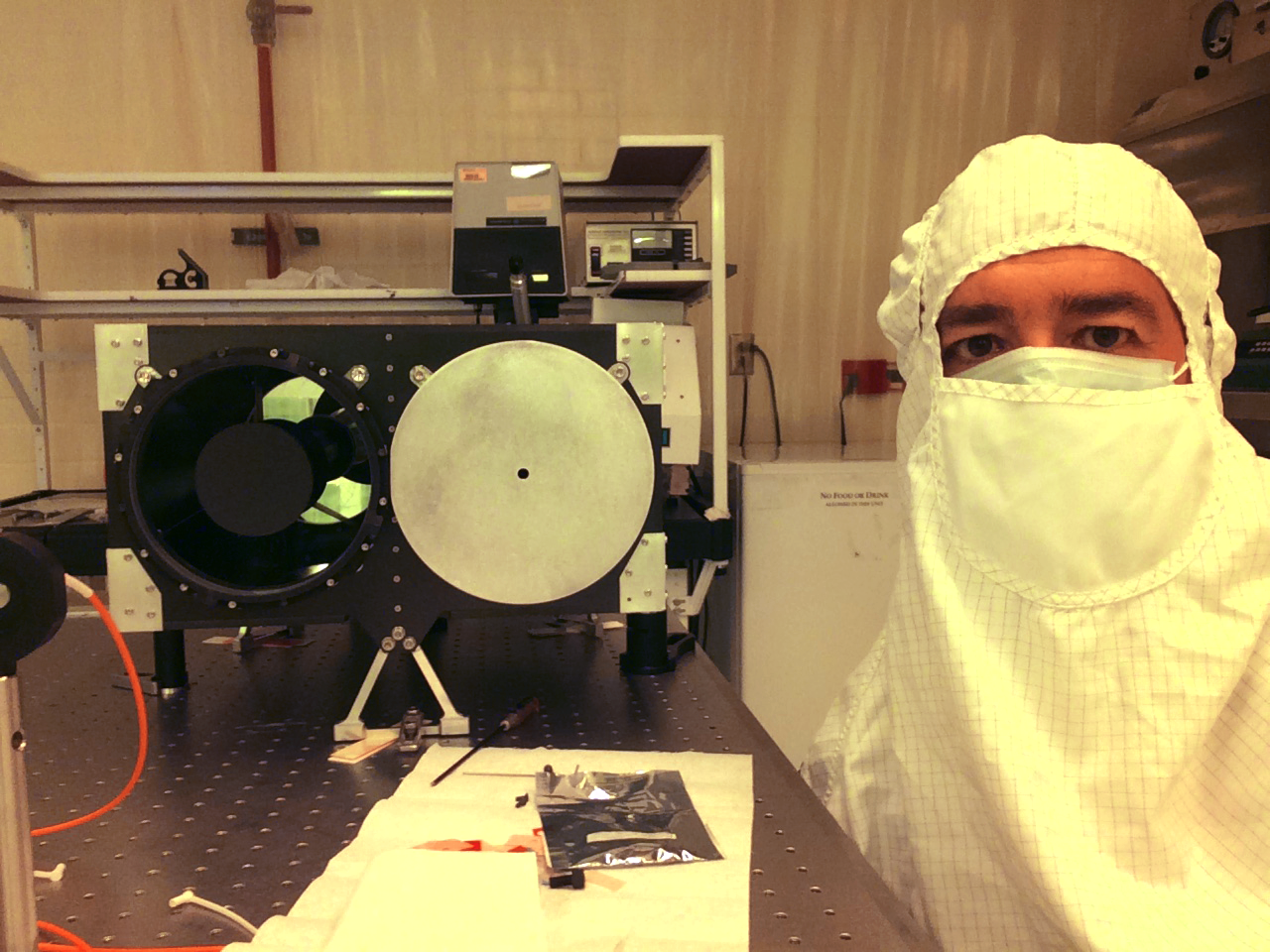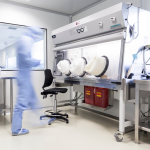Satlantis, after having developed a high-precision camera for satellites, is preparing to open a phase focused on the provision of services based on the data obtained by a constellation of three of its own microsatellites. In addition, it aspires to install a factory in Bizkaia for such devices. Seed Capital Bizkaia has joined this initiative.
The beginning of Satlantis, a business initiative that looks to space, dates back to 2011, when, based on the research and developments carried out by Rafael Guzmán, director of the Department of Astrophysics at the University of Florida, he decided to carry out an exploitation of the astrophysics technology to the emerging sector of small satellites.
The project is promoted by a group of experts in the field who come from the world of science, innovation and business management and that firmly believe in the potential of the project; in November 2014 they created the company in Bilbao; “it was my only condition, that the company was based here”, says Juan Tomás Hernani, CEO of Satlantis. “In Bilbao, besides, we have IDOM, the best engineering for the space optomechanical adventure, and Bilbao is the cradle of Elecnor-Deimos, our partner for the operation and integration of satellites”.
“We started our journey – specifies Hernani – with the aim of moving from the initial telescope to the development of monitoring microsatellites, that is, real-time observation of large infrastructures or geographic areas that have high strategic or economic value and, based on that, at a later stage, to the provision of geo-intelligence and data services”.
Goals set
Satlantis, therefore, has established a line of positioning in the market in successive phases that contemplates the evolution of its technological developments starting from the offer of solutions for the space sector to the provision of big data services, and, in a following stage, to the manufacture in Bizkaia of microsatellite constellations. Juan Tomás Hernani does not hide his enthusiasm: “this is a beautiful project and we aspire it becomes important also from an industrial point of view, I say it with all humility; I believe that, in a short time, we will have our own factory here”.
Project phases
The first phase of the Satlantis technological project is close to arrive to the end and has consisted in adapting to the satellite sector the micro-camera designed by Rafael Guzmán for astrophysical functions. The prototype, which has successfully passed the resistance tests carried out by IDOM to the demanding conditions of space launches, has aroused the interest of the European Space Agency (ESA) as well as NASA; this would ultimately allow us to verify its performance and capabilities in real missions.
The next phase consists of being able to offer a final product, directly to governments for specific purposes, tailor-made, both for defence issues and control of the environment, borders, land registry, etc.
To create its current micro-camera prototype, Satlantis has carried out innovative technological developments that it has patented, which, in addition to reducing the size of the previous cameras to a third, generate, through a hyper-resolution process, images of one meter pixel resolution taken 600 kilometres away from space. Used on land, this camera could take photos of a centimetre pixel resolution.
Financing round
All this innovation effort has been facilitated by the support of both public entities such as BEAZ/DFB and private companies. After a first participation in the project by Seed Capital Bizkaia and other public entities, Satlantis is now about to close a financing round in which six more partners will take part: the support of Seed Capital Bizkaia, Spri and ICO will be joined by Telefonica and Idom (firms that, also with Elecnor-Deimos, have already provided a key technical collaboration to Satlantis), together with a third private partner. The search for such broad support has been motivated, according to Hernani, by the fact of needing to work with “many technologies” and the need to “go with powerful partners in TBA (Temporary Business Association)” to address “the millionaire offers that we are making”. “We must therefore speak of the SATLANTIS alliance”.
In addition to express his gratitude to the private partners for their involvement in the Satlantis business project, its CEO also considers “fair” to highlight the commitment of the Basque institutions for their policies to support innovation. “Here”, he points out, “we have experienced that institutional support for innovation works; if we had not received the support of the Biscay Provincial Council and the Spri in the first stage, which later facilitated the entry of large companies, everything would have been much more difficult”.




